Scott Morrison earns his seat at the top table
PM reveals he used G7 leaders to push allies to adopt the same position on climate as they took on vaccines, and brought evidence of how bad things have become with Beijing.
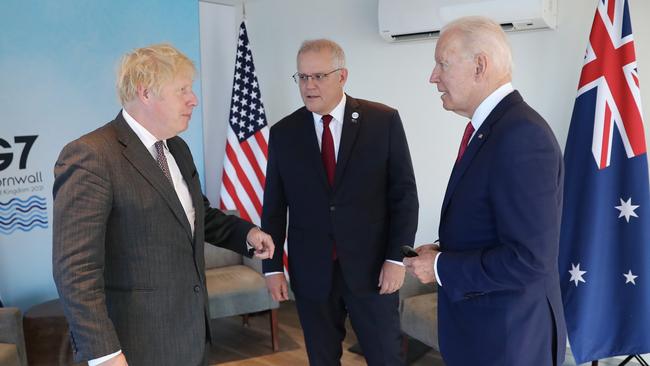
Inside the sprawling Carbis Bay coastal resort in Cornwall, the leaders of the free world listened as Scott Morrison tabled China’s list of grievances against Australia.
The Prime Minister had been asked to speak in a closed G7 session on open societies at the first major in-person leaders’ summit since Covid-19 shut down borders and economies. It was an opportunity for Morrison to discuss Australia’s experience with Chinese economic coercion tactics, headlined by the banning and restricting of key exports including wine, barley and coal.
The final G7 communique named China only three times but the bulk of discussions in Cornwall and at the NATO summit in Brussels on Monday focused on efforts by Beijing and Moscow to undermine liberal democracies in the Indo-Pacific and Europe.
The key themes from G7, NATO and Morrison’s talks with world leaders were cyber, intelligence and military threats posed by China and Russia; climate change; dealing with Covid-19, vaccines and future pandemic preparedness; global trading systems and the rules-based order; and aligning like-minded countries to rail against alternative models promoted by authoritarian regimes.
Following the G7, Morrison told Inquirer: “Living with China, which is the goal, requires us to be very clear about what our values are and what our principles are and how our countries are run and how we will continue to run, free of interference.”
The longest and most important day of Morrison’s week-long overseas trip came on Tuesday. It started with securing the Australia-UK free trade deal with Boris Johnson at 10 Downing Street in the morning, an audience with the Queen at Windsor Castle before lunch, and dinner with French President Emmanuel Macron at the Elysee Palace in Paris.
Johnson and Macron took firm positions on China’s treatment of Australia. In a statement before their meeting, Macron said he understood Australia was at the “forefront of tensions” dominated by threats and intimidation. “I want to reiterate here how much we stand by your side,” Macron said. In London, Johnson said: “We stand shoulder to shoulder with our friends.”
The declarations of support, which followed similar sentiment at the G7 summit, are being backed up by action from France, Britain and Germany. The three European powers have committed to sending warships, submarines and aircraft carriers to the South China Sea this year, with Britain and France also ramping-up their influence across the South Pacific, where both countries have deep historic roots.
Inquirer understands G7 leaders, including Macron, took the list of China’s 14 grievances with Australia provided by Morrison back to their cabinets to discuss. The G7 leaders were understood to be shocked and appalled by the list, which was released by the Chinese embassy in Canberra.
Morrison’s first in-person meeting with US President Joe Biden in Cornwall was upgraded to trilateral talks that also involved Johnson – bringing together the wartime allies in a strong message to China.
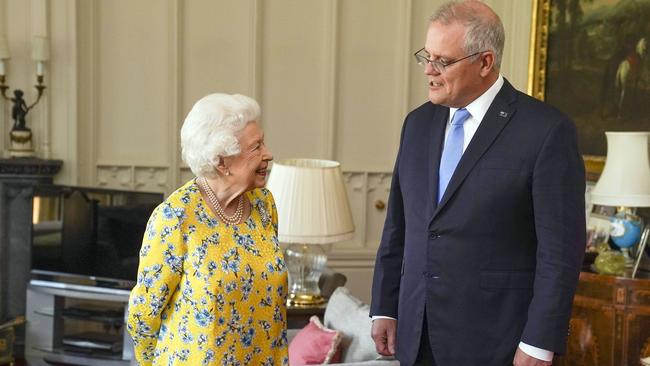
Morrison told Inquirer Australia’s partnerships in the Indo-Pacific with the US, European powers, ASEAN nations including Indonesia, Singapore and Malaysia, Japan and India were about “integration and collaboration”.
“It’s joining things up and, I believe, by doing so, increasing stability … and by increasing stability, you reduce the temperature. It is not designed to increase the temperature, it’s designed to lower the temperature. That’s why we do it, that’s our objective,” Morrison said.
As the global focus shifts firmly on the Indo-Pacific, Australia’s “first sphere of responsibility” remains the South Pacific, a region that China has aggressively pursued via its Belt and Road Initiative and soft power diplomacy, promising to build infrastructure, which typically doesn’t work or isn’t delivered.
Johnson and Biden are looking at ways to combat Xi Jinping’s BRI, with the G7 backing a green fund building mass renewable projects in developing nations across Asia and Africa.
Morrison’s first stop at Singapore on the way to the G7 was strategically important. Apart from being an ASEAN powerbroker and head of one of the world’s leading economic hubs, Prime Minister Lee Hsien Loong is also a conduit with Beijing. The leaders’ 40-minute one-on-one meeting allowed them to speak frankly on sensitive issues, not always possible in a virtual setting.
It also provided Morrison with an opportunity to seek counsel and advice from a senior ASEAN leader before jetting off to Cornwall for a G7 summit focused on the Indo-Pacific and geostrategic competition between China and the US.
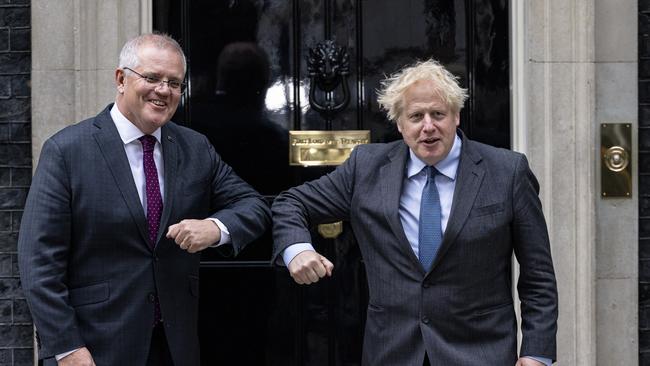
Despite Labor and others expecting Morrison to be pilloried over climate change, the opposite occurred. The opportunity to meet leaders in-person allowed Morrison to sell his climate-change strategy, based on accelerating the development of low-emissions technologies, bringing hydrogen online sooner, and ensuring that developing countries are not left behind.
He signed deals with Japan, Germany and Singapore on low-emissions technologies and hydrogen, and won the backing of Johnson and Macron.
Morrison used the G7 summit to call for advanced countries to adopt the same position on climate change as they took on developing vaccines.
“It’s a new comparison I’ve been making around Covid,” he told Inquirer. “With Covid we tried to find a vaccine and everyone just got on to the how. They didn’t need to be convinced that we needed to get a vaccine to deal with Covid.
“Technology is the vaccine for climate change.”
But the leading question for all countries remains: how does the world live with the virus?
In Britain, people are scarred by last year’s extended lockdowns. Many of them have had Covid, some with lingering health effects including loss of taste. QR codes at venues are not uniform, with some still using physical sign-in methods, while mask-wearing and social distancing is generally not enforced. In Paris, an 11pm curfew is imposed by police.
As long as the NHS-led vaccine rollout in Britain continues to power ahead, Johnson will retain a dominant position in Britain despite surges in cases and ongoing Covid-19 restrictions. Senior political and media figures in Britain told Inquirer the vaccine rollout was the “singular reason that Boris remains well ahead”. With Australians heading to the polls by May next year, and a March election increasingly likely, Morrison wants to see the domestic vaccine rollout continue at pace.
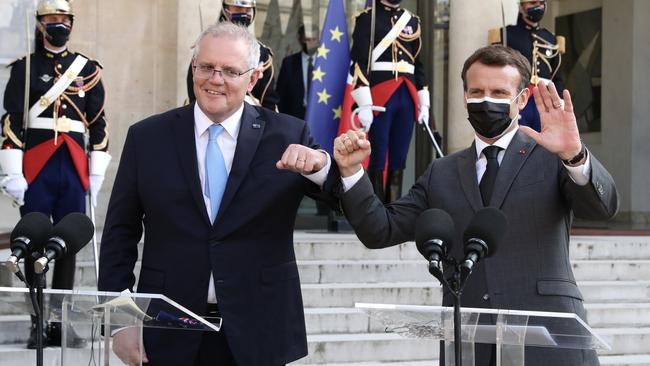
Deep ties exist between the conservative Johnson and Morrison governments, and after weeks of high-level negotiations to finalise an in-principle agreement on the Australia-UK free trade pact – Britain’s first major deal since Brexit – the final decision rested on a Monday night “working dinner” between Morrison and Johnson at Downing Street. The dinner followed a function hosted by Australian High Commissioner to the UK, George Brandis, the night before, which was attended by Morrison, UK Trade Secretary Liz Truss and multiple senior Johnson government ministers.
Johnson and Morrison successfully ironed out issues around sheep and beef farmers, timelines for various elements of the trade package, and visa changes before meeting for breakfast the next morning, exchanging hampers packed with Australian and British products and announcing the historic agreement.
Also in the spotlight were the roles of Australian campaign advisers Sir Lynton Crosby and Isaac Levido. In the joint press conference at Downing Street after sealing the trade pact, Johnson joked there would be “free exchange of British rent-a-Poms, and indeed Australian campaign managers will be able to come more easily to work in this country”. You could expect those “Australian campaign managers” will be front and centre alongside Liberal Party federal director Andrew Hirst as Morrison heads to his second election with the power of pandemic incumbency behind him.
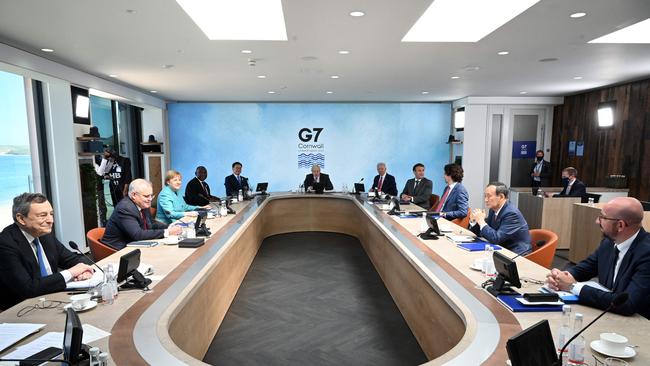
With state leaders adopting a “tough on borders” approach, Morrison is confronted by the dilemma of how and when he will reopen international borders.
On this point, the Prime Minister will not be rushed. Morrison understands keeping out the virus has ensured the nation’s economic prosperity and liberty for Australians.
Unlike the UK and US, which were forced into emergency vaccine rollouts, Australia has time on its side – for now.
The government will maintain a cautious approach to reopening, and closely watch the impact of vaccines and international travel in other jurisdictions as it pursues a staggered reopening to ensure Australian border, health and quarantine systems are ready by the middle of next year.


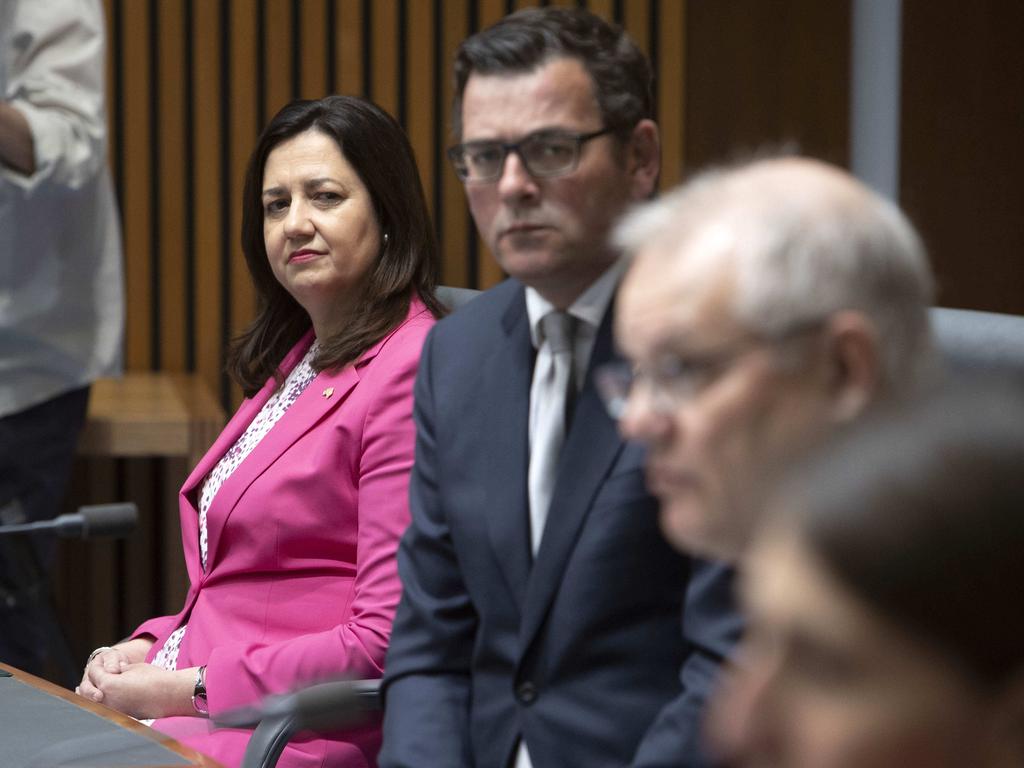
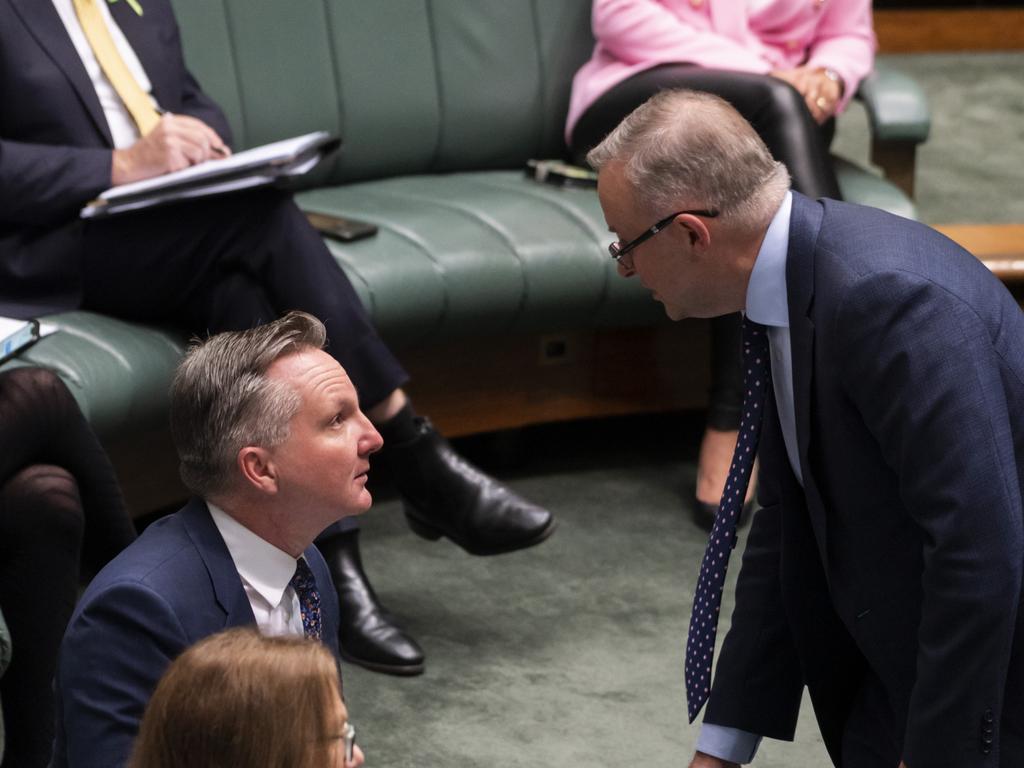
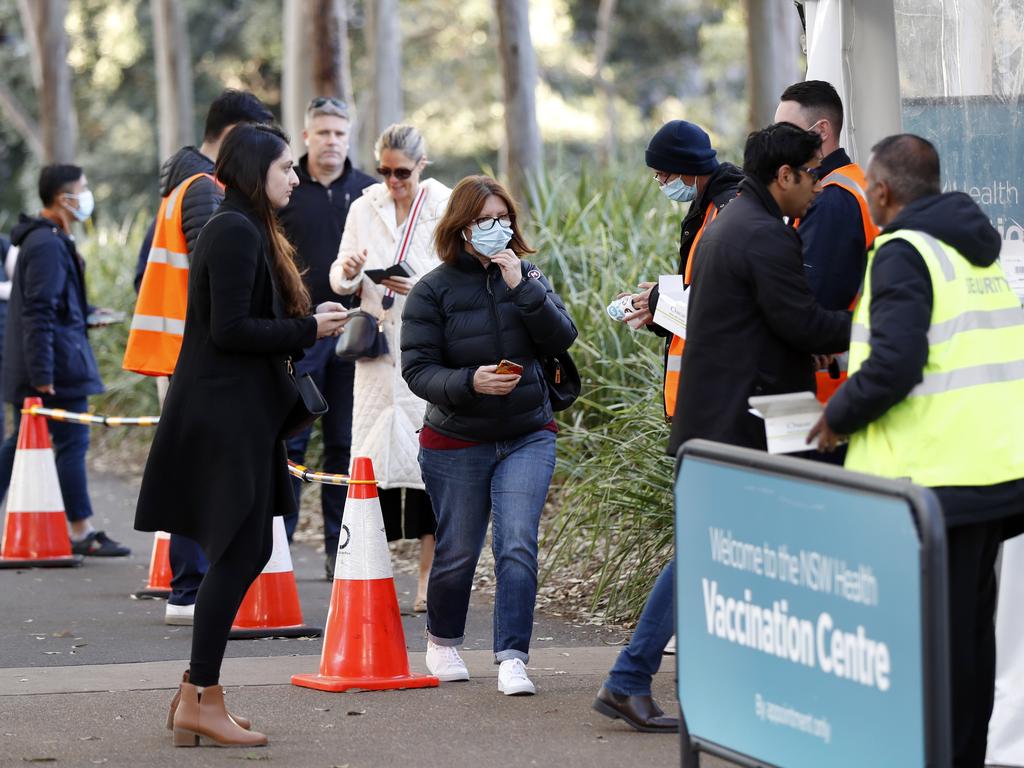

To join the conversation, please log in. Don't have an account? Register
Join the conversation, you are commenting as Logout